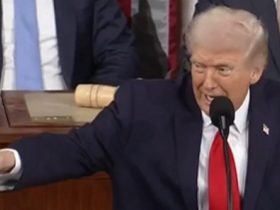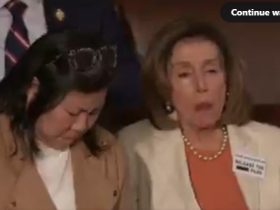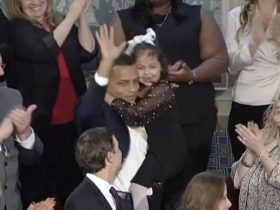The UK Supreme Court has ruled against Uber in a long-running legal battle that could have forced all private hire operators in England and Wales to charge VAT, a move that industry bodies had warned would lead to “seismic consequences” for businesses and passengers alike.
The case, brought by Liverpool-based DELTA Taxis and supported by law firm Aaron & Partners, challenged Uber’s bid to compel all private hire firms to contract directly with passengers — a structure that would have rendered many long-standing business models unlawful and added 20% VAT to fares.
In a judgment handed down on Tuesday, the UK’s highest court dismissed Uber’s appeal, confirming that private hire operators can lawfully continue to operate under alternative licensing models, such as the widely used agency model, without being forced to follow Uber’s specific contractual framework.
The ruling ensures that operators outside of London are not automatically liable for VAT and can continue to run under business models that have been in place since the Private Hire Vehicles (London) Act 1976, preserving lower fares for passengers and safeguarding thousands of small firms.
“This is a monumental decision,” said Layla Barke Jones, Dispute Resolution Partner at Aaron & Partners, who represented DELTA. “Had this gone the other way, the cost and complexity of implementing VAT systems would have pushed many firms to the brink. This ruling protects business diversity and, critically, ensures continued access to affordable transport for vulnerable communities.”
The case has been closely watched across the transport and legal sectors since it was first brought in March 2022. An initial High Court ruling favoured Uber, concluding that private hire firms must contract directly with passengers, but the Court of Appeal overturned that judgment in July 2024, siding with DELTA and fellow operator Veezu. The Supreme Court’s ruling now cements that decision as the final legal word.
Had Uber succeeded, all operators would have been required to adopt Uber’s post-2022 model, triggering VAT liabilities on every fare and likely resulting in price increases of more than 20% for passengers across England and Wales.
DELTA, which operates in the North West, warned that such a shift would have made taxi services unaffordable for many, especially in low-income areas where taxis are often a lifeline.
“Private hire firms are vital to communities,” Barke Jones added. “They’re used frequently by older people, people with disabilities, and families with limited incomes. Imposing VAT on all journeys would have left many of them unable to afford essential travel.”
Uber had argued that its model — in which the operator contracts directly with the passenger — should be the legal standard, effectively requiring competitors to fall in line. But the Supreme Court found that the law allows multiple compliant models, and that requiring uniformity would be inconsistent with long-standing regulation.
“This decision affirms that the 1976 Act allows flexibility in licensing models,” said Barke Jones. “It avoids the danger of a one-size-fits-all regime and ensures that smaller operators can survive alongside platform giants.”
The ruling is being hailed as a landmark moment for the private hire industry, protecting operator flexibility, safeguarding affordability for passengers, and reinforcing that legal innovation cannot be weaponised to undercut competition.
Read more:
Landmark Supreme Court ruling rejects Uber’s attempt to impose VAT on all private hire fares











